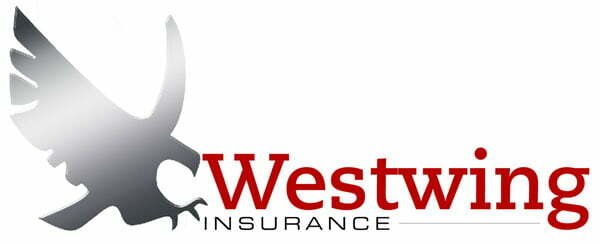
Tesla Settles Fatal Crash Lawsuit as Another Jury Trial Looms
Tesla Inc. has settled a lawsuit related to the death of a Model S passenger in a 2016 crash, marking the second time in two months that the electric vehicle maker has avoided a jury trial in California over a fatal accident.
The settlement was reached just before a trial was set to begin, following a previous confidential settlement in April over a high-profile crash involving Tesla’s Autopilot feature. In the earlier case, an Apple engineer was killed when his Model X veered off a highway and crashed into a barrier.
The recent case involves a 2015 Model S crash in downtown Indianapolis, where plaintiffs claimed driver Casey Speckman lost control of the vehicle, which then hit a tree and burst into flames. Speckman’s boss, Kevin McCarthy, allegedly survived the initial impact but died in the subsequent fire caused by a battery explosion. The lawsuit blamed the vehicle’s design for its propensity to catch fire and the door latch system for entrapping McCarthy.
Tesla disputed these claims, citing data from the event recorder that showed Speckman had her foot on the accelerator and never attempted to brake. Additionally, police reports indicated that Speckman’s blood-alcohol level was more than twice the legal limit.
In February 2023, Tesla’s bid to dismiss the lawsuit was denied, leading to a confidential settlement with Speckman’s family. The McCarthy family’s case was scheduled for trial next Monday, but the settlement has been described as “conditional” with no further details provided.
Tesla has faced several lawsuits and regulatory investigations regarding its vehicle safety, particularly its Autopilot system. The company has previously won cases where juries found driver error to be the cause of accidents rather than defects in Tesla’s technology. These legal battles highlight the ongoing scrutiny Tesla faces over its claims of having the safest cars ever made.
For more details, visit the original article.
To learn more about Tesla’s safety claims and ongoing legal challenges, visit Tesla. Additionally, the Federal Trade Commission provides resources on consumer protection that may be relevant to understanding regulatory actions against companies. You can also explore information on legal proceedings in the California Superior Court.

